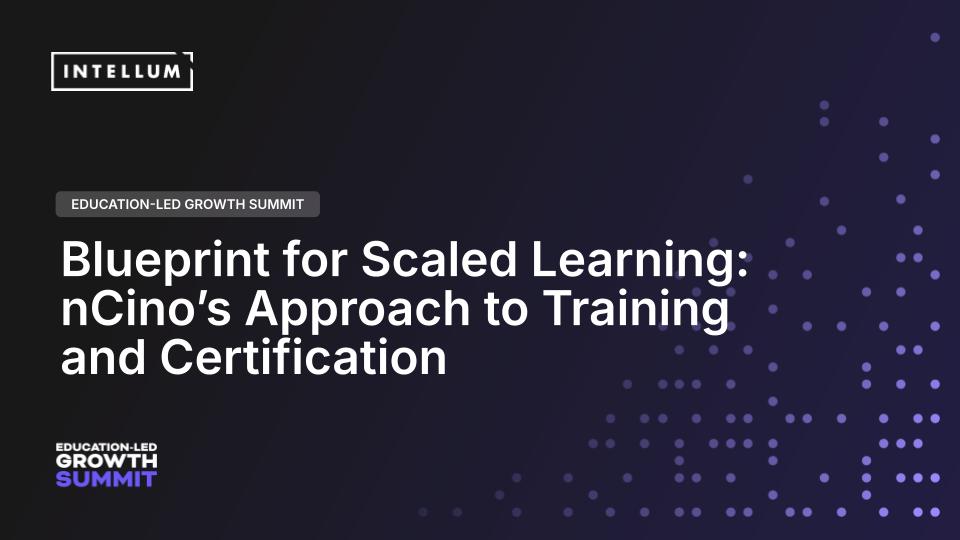The Importance of Marketing Education Programs
The webinar addressed the crucial intersection between marketing and education, emphasizing the necessity of promoting learning programs for various audiences, whether customer education, partner certification, or internal development initiatives. Shannon introduced the session by highlighting how learning's impact significantly increases once it engages and captivates its audiences.
Hanna stressed the vital role marketing plays in education and likened it to other products in our lives. She remarked:
"Everything that is marketed to us is optional… But it is being marketed to you and then you want to do it."
This resonates particularly well with the education sphere, where learners should be actively motivated to opt into their learning journeys.
Uncovering Learner Motivations
Lindsay discussed the application of the "Jobs to be Done" framework in identifying learner motivations, underscoring that understanding why learners 'hire' education programs is key for creating impactful marketing messages.
"Why are they hiring our education programs? It's not just to get some messages bombarded at them. It might be to learn, but there's always this motivation behind it."
Identifying these motivations allows educators to craft strategic marketing messages that tap into learners' intended outcomes from the program which could range from skill development to achieving personal growth.
Channels and Strategies for Reaching Learners
In terms of effective strategies and channels for program marketing, both speakers discussed the importance of knowing your audience's habits and preferences. Hanna illustrated that often, education facilitators skip audience research and assume a one-size-fits-all approach.
An intriguing insight includes ensuring the creation of a holistic marketing strategy that doesn’t just rely on each new offer but rather under a unifying message or brand.
Encouraging Internal Advocacy
Creating internal champions was identified as an avenue for more profound engagement and broader reach within organizations. According to Hanna:
"Creating internal champions has to be a bit deliberate. It should be like influencer marketing."
Internal champions, like influential managers and respected peers, could drive greater engagement and participation from others, leveraging the natural human desire to emulate successful figures.
Engaging Learners Continuously
The webinar emphasized regular transactions with learning programs to prevent stagnation. Build a continuous learner growth path, where they can apply, expand, and evangelize the program over time, thus creating a "learner growth flywheel." This consistent communication helps maintain interest and educational investment.
Marketing on a Budget and Peer Learning
Hanna and Lindsay shared insights on marketing education programs without extensive resources, emphasizing the notion of fostering learning from within one's network and leveraging available organizational assets out of the marketing team.
Both education and marketing teams should uphold alignment and find synergies to avoid bombarding learners with uncoordinated messages.
"You don't need a degree in marketing. Complete candor here, I don't have a degree in marketing. I learned it on the job."
The speakers concluded by encouraging engagement with peers and utilizing available resources efficiently, reinforcing the benefits of collaborating with teams across the organization.









